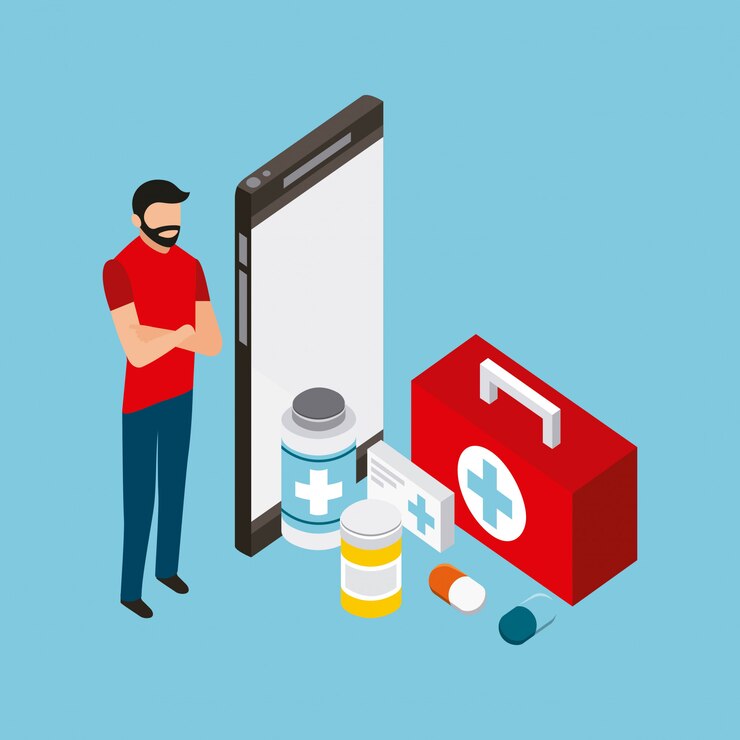
Handling Anaphylactic Reactions: Emergency Steps and First Aid
Introduction:
Anaphylactic reactions can be scary, but knowing how to respond can save lives. Understanding emergency procedures and basic first aid is crucial for managing anaphylaxis effectively. Let’s explore simple steps anyone can take to handle anaphylactic reactions.
Recognizing Anaphylaxis:
Anaphylaxis is a severe allergic reaction that affects the whole body. Symptoms can include difficulty breathing, swelling of the face or throat, rapid heartbeat, hives, nausea, and dizziness. If someone shows signs of anaphylaxis after exposure to an allergen, it’s essential to act quickly.
Emergency Procedures:
- Administer Epinephrine: If the person has an epinephrine auto-injector (e.g., EpiPen), use it immediately. Inject into the thigh muscle and hold for several seconds. Epinephrine helps reverse symptoms and buy time until medical help arrives.
- Call Emergency Services: Dial 911 or your local emergency number to seek professional medical assistance. Anaphylaxis is a medical emergency, and prompt treatment is vital.
- Stay Calm and Reassure: Stay with the person and keep them calm. Reassure them that help is on the way and that they’re not alone.
- Monitor Vital Signs: Keep an eye on the person’s breathing, pulse, and consciousness. Be prepared to perform CPR if they stop breathing or lose consciousness.
First Aid:
- Help Them Sit Up: If the person is having trouble breathing, help them sit up to ease their breathing.
- Loosen Tight Clothing: Loosen any tight clothing, especially around the neck, to help with breathing.
- Offer Allergy Medications: If available, offer antihistamines to help alleviate symptoms. However, remember that epinephrine is the first-line treatment for anaphylaxis and should be administered immediately.
- Stay Prepared: Keep an emergency kit with epinephrine, antihistamines, and other necessary medications with you at all times if you have known allergies.
Conclusion:
Knowing how to manage anaphylactic reactions is essential for everyone, whether you have allergies or not. By understanding emergency procedures and basic first aid, you can help save lives and ensure that those experiencing anaphylaxis get the timely medical assistance they need.
To seek medical advice, always consult a Doctor. Here are our recommended EXPERTS. Click here
To read more on SKIN. Click Here



